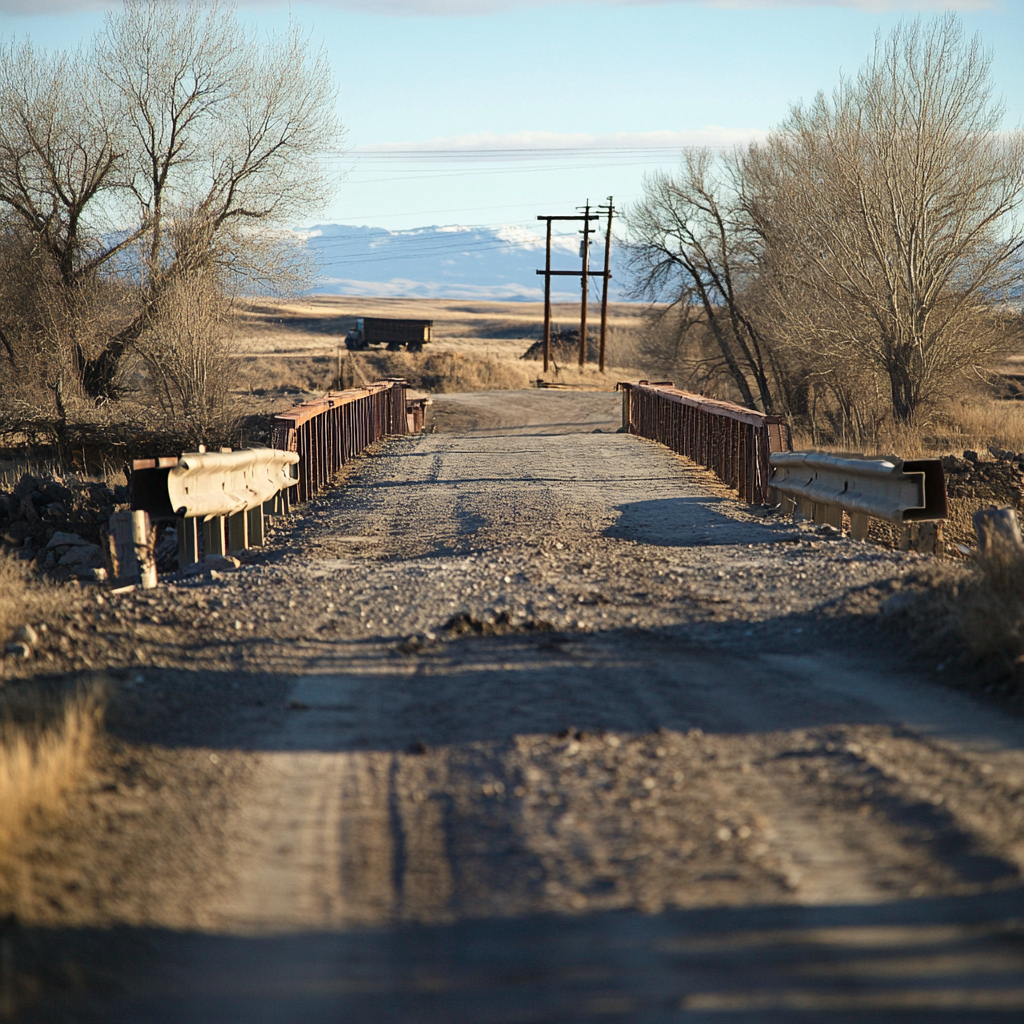Federal Government Launches "Green Tomorrow" Program to Combat Climate Change

April 8, 2025 Washington D.C.
In an ambitious step toward tackling climate change, the federal government unveiled its new “Green Tomorrow” initiative today, a comprehensive program designed to reduce the United States' carbon footprint and transition the nation toward renewable energy sources. The program, which will receive an unprecedented $15 billion in funding, seeks to achieve a 50% reduction in national carbon emissions by 2035.
Speaking at a press conference earlier today, Environmental Protection Agency (EPA) Administrator Casey Brooks called the program a "pivotal moment in the fight against climate change." "The future of our planet is on the line, and this is our chance to make real, lasting change," Brooks said. "Green Tomorrow represents our commitment to a cleaner, more sustainable future for all Americans, with a focus on innovation, economic growth, and environmental stewardship."
The centerpiece of the “Green Tomorrow” program is the nationwide transition to clean energy, which will include the installation of solar panels on federal buildings, incentives for businesses to adopt renewable energy sources, and increased funding for electric vehicle infrastructure. The initiative also allocates funds to support research into next-generation green technologies, such as carbon capture and storage.
As part of the program, the government will also introduce tax credits for homeowners and small businesses that adopt energy-efficient technologies and renewable energy systems. The plan includes a target of installing 100 million solar panels by 2030 and converting 50% of the nation’s energy grid to renewable sources by 2035.
The President praised the initiative as a “historic investment in both our planet and our economy." "This program is about ensuring a cleaner environment for future generations while creating jobs, reducing energy costs, and fostering a new green economy," he said in a statement.
While the program has garnered significant support from environmental advocates and green energy companies, it has also sparked debate in Washington. Critics, particularly from conservative circles, argue that the initiative could lead to higher energy costs and burden American businesses with excessive regulations. Senator Riley Carter, a leading voice against the program, warned that the plan would “hurt the middle class” by raising electricity bills and slowing economic growth.
"This is a plan that sacrifices the livelihoods of working Americans for the sake of political symbolism," Carter said during an interview on Fox News. "We should focus on practical solutions, not pie-in-the-sky promises that are too costly for ordinary citizens to afford."
Despite the criticism, the administration remains resolute in its commitment to combating climate change. Environmental groups have largely praised the program for its focus on sustainability and its potential to create thousands of green jobs across the country. "This is exactly the kind of bold action we need to see from our government," said Sierra Reed, a senior researcher at the Green Future Coalition. "Not only does it address the climate crisis, but it also provides the infrastructure to support the clean energy economy of tomorrow."
The “Green Tomorrow” initiative is expected to begin rolling out within the next six months, with the first phase focused on federal infrastructure projects and the development of clean energy zones across the country. Federal officials have stressed that this is just the beginning of a larger commitment to addressing climate change, with future legislative measures likely to follow.
As the debate over the initiative continues, many are watching closely to see whether the government can balance environmental goals with the economic realities of implementing such a large-scale program.
For more details on the “Green Tomorrow” program and how you can participate, visit the EPA’s website.
Speaking at a press conference earlier today, Environmental Protection Agency (EPA) Administrator Casey Brooks called the program a "pivotal moment in the fight against climate change." "The future of our planet is on the line, and this is our chance to make real, lasting change," Brooks said. "Green Tomorrow represents our commitment to a cleaner, more sustainable future for all Americans, with a focus on innovation, economic growth, and environmental stewardship."
The centerpiece of the “Green Tomorrow” program is the nationwide transition to clean energy, which will include the installation of solar panels on federal buildings, incentives for businesses to adopt renewable energy sources, and increased funding for electric vehicle infrastructure. The initiative also allocates funds to support research into next-generation green technologies, such as carbon capture and storage.
As part of the program, the government will also introduce tax credits for homeowners and small businesses that adopt energy-efficient technologies and renewable energy systems. The plan includes a target of installing 100 million solar panels by 2030 and converting 50% of the nation’s energy grid to renewable sources by 2035.
The President praised the initiative as a “historic investment in both our planet and our economy." "This program is about ensuring a cleaner environment for future generations while creating jobs, reducing energy costs, and fostering a new green economy," he said in a statement.
While the program has garnered significant support from environmental advocates and green energy companies, it has also sparked debate in Washington. Critics, particularly from conservative circles, argue that the initiative could lead to higher energy costs and burden American businesses with excessive regulations. Senator Riley Carter, a leading voice against the program, warned that the plan would “hurt the middle class” by raising electricity bills and slowing economic growth.
"This is a plan that sacrifices the livelihoods of working Americans for the sake of political symbolism," Carter said during an interview on Fox News. "We should focus on practical solutions, not pie-in-the-sky promises that are too costly for ordinary citizens to afford."
Despite the criticism, the administration remains resolute in its commitment to combating climate change. Environmental groups have largely praised the program for its focus on sustainability and its potential to create thousands of green jobs across the country. "This is exactly the kind of bold action we need to see from our government," said Sierra Reed, a senior researcher at the Green Future Coalition. "Not only does it address the climate crisis, but it also provides the infrastructure to support the clean energy economy of tomorrow."
The “Green Tomorrow” initiative is expected to begin rolling out within the next six months, with the first phase focused on federal infrastructure projects and the development of clean energy zones across the country. Federal officials have stressed that this is just the beginning of a larger commitment to addressing climate change, with future legislative measures likely to follow.
As the debate over the initiative continues, many are watching closely to see whether the government can balance environmental goals with the economic realities of implementing such a large-scale program.
For more details on the “Green Tomorrow” program and how you can participate, visit the EPA’s website.


